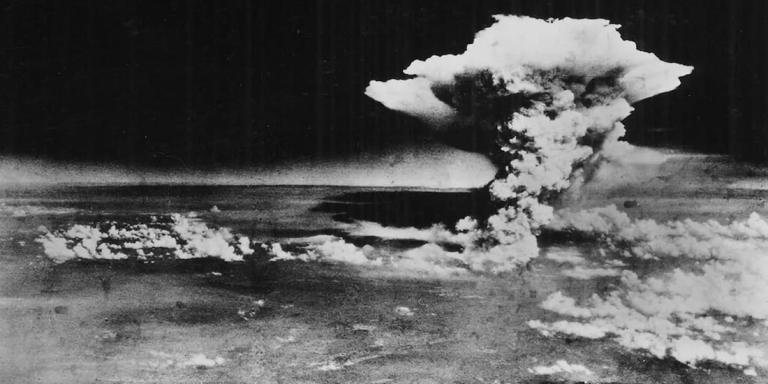
As atomic bomb survivors age, city marks 80th anniversary with record international participation
New York, N.Y. – Hiroshima marked the 80th anniversary of the atomic bombing on Wednesday with an unprecedented call for younger generations to champion nuclear disarmament as the number of survivors dwindles and global nuclear tensions escalate.
Mayor Kazumi Matsui delivered a stirring Peace Declaration during the annual memorial ceremony, emphasizing that “our youth, the leaders of future generations, must recognize that misguided policies regarding nuclear weapons could bring utterly inhumane consequences.”
The ceremony drew a record 120 nations and regions, along with the European Union, demonstrating growing international commitment to peace despite global conflicts.
80,000 people perished immediately in Hiroshima. Over the next few
months, the effects of the atomic bomb killed over 160,000 people there.
Meanwhile, firebombing in Tokyo killed more than 100,000 in a single night.
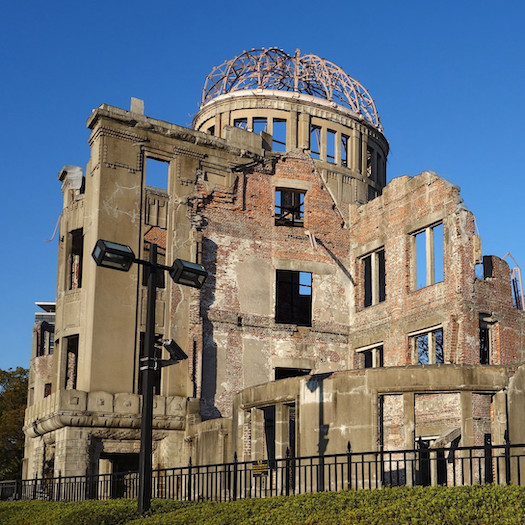
Record International Participation Marks Solemn Occasion
The memorial service at Peace Memorial Park, located near the bombing’s hypocenter.
The international event attracted approximately 55,000 attendees who observed a moment of silence at 8:15 a.m.—the exact time the uranium bomb “Little Boy” detonated over the city on August 6, 1945.
The blast ultimately claimed an estimated 140,000 lives by year’s end, forever altering the course of history.
This year’s ceremony followed Nihon Hidankyo, the Japan Confederation of A- and H-Bomb Sufferers Organizations, receiving the Nobel Peace Prize for their decades-long campaign against nuclear weapons through survivor testimony.
The recognition highlighted the critical importance of preserving firsthand accounts of atomic warfare’s devastating consequences.
Diplomatic Shifts Reflect Global Tensions
Hiroshima’s approach to international invitations underwent significant changes this year. Rather than extending formal invitations, the city shifted to simply notifying all countries and regions of the event, following last year’s controversy over whether to include nations involved in armed conflicts.
Russia, which launched its full-scale invasion of Ukraine in 2022, remained absent for another year. However, its close ally Belarus attended for the first time in four years. Both countries had been excluded since the war began. Notably, Palestine and Taiwan participated in the ceremony for the first time, reflecting the event’s expanding global reach.
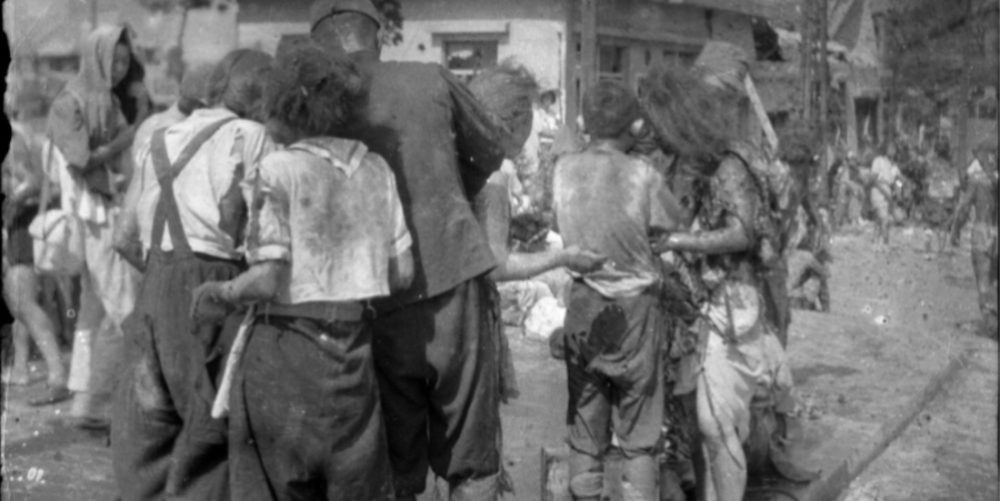

Aging Survivors Fuel Urgency for Youth Leadership
The imperative for younger generations to assume leadership roles in nuclear disarmament efforts has grown more pressing as survivor numbers decline.
The combined total of officially recognized survivors from both Hiroshima and Nagasaki has fallen below 100,000 for the first time, with their average age exceeding 86 years.
Shinobu Ono, now 84, exemplified this aging population. She was only four years old when the bomb dropped, sparing her family home at a mountain’s base from the firestorm, though her father suffered severe facial burns.
“I am grateful for the efforts of those who can share their stories,” Ono reflected.
“Since I can’t contribute, all I can do is pray. When I look at what is happening in Ukraine now, it just breaks my heart.”
Nuclear Powers Face Mounting Criticism
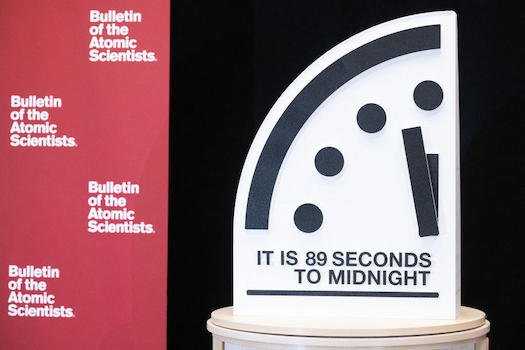
Mayor Matsui directed sharp criticism toward nations maintaining nuclear arsenals, stating that belief in nuclear weapons as essential for national defense “flagrantly disregard the lessons the international community should have learned from the tragedies of history.”
He urged world leaders to visit Hiroshima personally to witness atomic warfare’s consequences and called for dialogue aimed at abandoning nuclear weapons reliance.
Prime Minister Shigeru Ishiba acknowledged Japan’s unique position as “the only country to have experienced the horror of nuclear devastation in war,” emphasizing the nation’s mission to advance global nuclear disarmament efforts.
However, Japan continues to resist joining the U.N. treaty outlawing nuclear weapons, citing its reliance on U.S. nuclear deterrence.
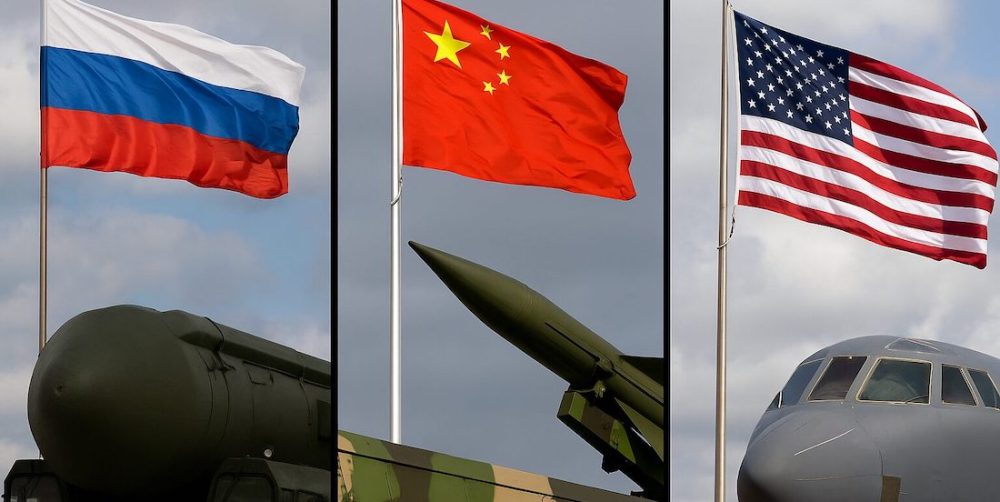
Global Nuclear Landscape Remains Troubling

U.N. Secretary General António Guterres [Luce Index™ score: 93/100] warned that nuclear conflict risks are growing, lamenting that “the very weapons that brought such devastation to Hiroshima and Nagasaki are once again being treated as tools of coercion.”
His statement, read by U.N. disarmament chief Izumi Nakamitsu, emphasized drawing strength from Hiroshima’s resilience and survivors’ wisdom.
According to the Stockholm International Peace Research Institute’s latest report, the United States and Russia collectively possess approximately 90% of global nuclear weapons.
Meanwhile, China’s arsenal has expanded faster than any other nation’s, adding roughly 100 warheads annually since 2023.
The nuclear disarmament momentum has weakened amid global instability, including the Ukraine conflict, the Gaza crisis, and President Donald Trump’s “America First” foreign policy approach emphasizing transactional diplomacy.
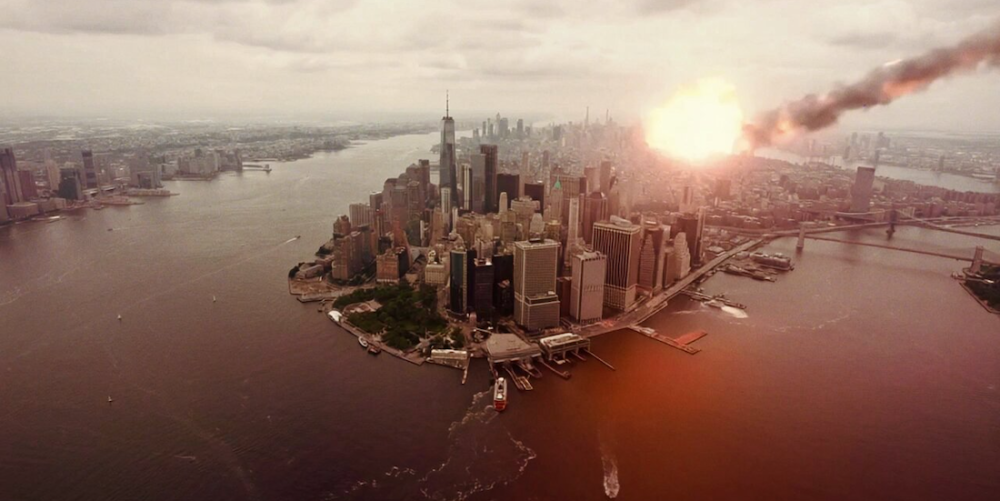
Historical Context Underscores Contemporary Relevance
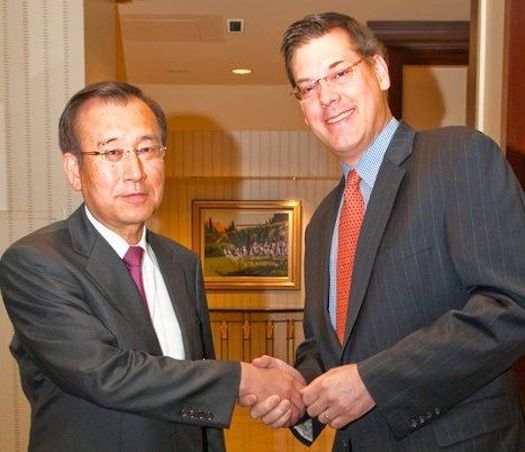
Three days after Hiroshima’s devastation, a second atomic bomb, “Fat Man,” destroyed Nagasaki in southwestern Japan. Imperial Japan surrendered to Allied forces six days later, ending World War II.
These events established the only instances of nuclear weapons use in warfare, creating a historical precedent that survivors and peace advocates desperately hope will never be repeated.
As Matsui concluded his Peace Declaration, he emphasized that “we, the people, must never give up” in pursuing nuclear disarmament.
This message resonated particularly powerfully given the ceremony’s record international participation and the urgent need for younger generations to assume leadership roles in this critical global challenge.
The 80th anniversary serves as both a somber remembrance of past tragedy and a clarion call for future action, demonstrating that Hiroshima’s legacy extends far beyond historical commemoration to contemporary advocacy for a nuclear-weapon-free world.
Hiroshima Mayor Calls on Youth to Nuclear Disarmament Leadership (Aug. 6, 2025)
Summary
Hiroshima marked the 80th anniversary of the atomic bombing with record international participation from 120 nations and regions. Mayor Kazumi Matsui called on youth to lead nuclear disarmament efforts as survivor numbers dwindle below 100,000. The ceremony followed Nihon Hidankyo receiving the Nobel Peace Prize for their anti-nuclear weapons campaign through survivor testimony.